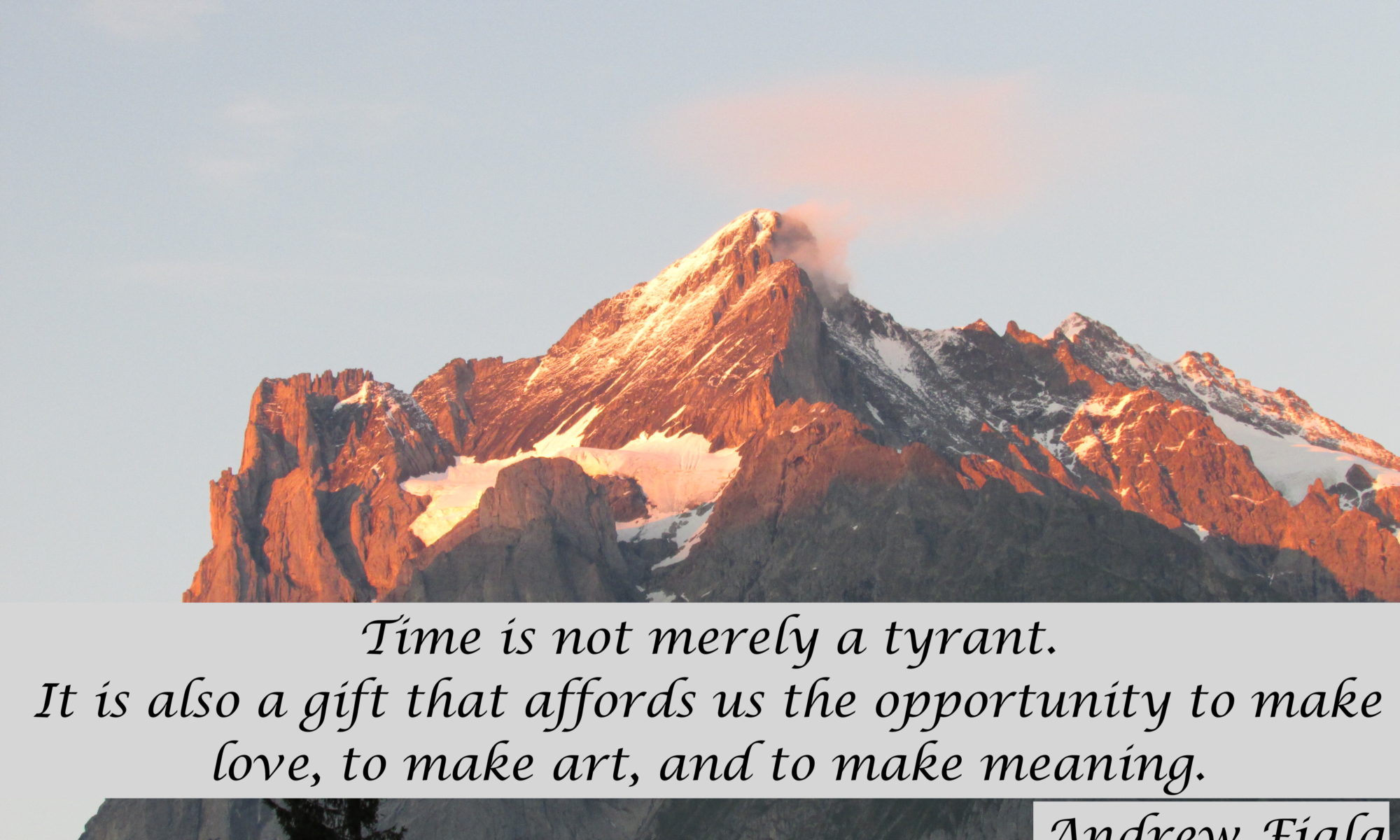If you want to live a happy and healthy life, stop being a spectator. Get enthused!
Life is an adventure. Passivity breeds boredom. Enthusiasm is contagious. And activity is the zest of life.
A recent study of thousands of people found that zest is essential for health and well-being. The study defines zest as “vitality, vigor, and being energized and eager to engage in work and life.”
The word “zest” comes from cooking. It is the tartness of citrus. Like a lemon in winter, zest wakes us up and invigorates us. Zest also includes “love of life” or what the French call joie de vivre. Lovers of life see it as a continual opportunity for inspiration and delight.
This new study confirms a fairly obvious point. It’s not surprising that enthusiasm and vitality are connected. But how do we cultivate love of life? That’s a difficult question in a world hungry for drugs, potions and therapies. But zest doesn’t come in a can. Rather, it is found in action.
Passion is not external to activity. Ralph Waldo Emerson said that passion is a “powerful spring.” He also said, “nothing great is ever achieved without enthusiasm.” But this makes it seem that first we set the spring, and then we get to work.
In reality, this happens the other way around. First, you get to work. And in action, you discover satisfaction. In another place Emerson said, “activity is contagious.” The point is to get going. If the work suits you and you stick with it, passion will grow.
And there are lots of ways to get energized. The psychologist William James saw “eagerness” as central to the meaning of life. James explained that eagerness “is the zest, the tingle, the excitement of reality.” James understood that many diverse activities can give us purpose. We can be eager to learn, to play music, to make love, or to serve others. What matters is staying active and engaged.
James’ colleague at Harvard, George Santayana, celebrated the creative energy of artists and poets, who are absorbed with the creative act. The artists of life say, “life is an adventure, not a discipline … and the exercise of energy is the absolute good.” He explains, “The zest of life becomes a cosmic emotion; we lump the whole together and cry, Hurrah for the Universe!”
That zesty attitude seems in short supply these days. The world is awash in anxiety, moodiness, fatigue, and apathy. Some of this may be traced to the lingering disruption of COVID. There is also the drumbeat of bad news about war, climate, corruption and crime. Our diets, lack of physical exercise, and other environmental factors are also to blame. Screens, sofas, and soft bellies are part of the problem of our low energy.
Certainly, chemical and hormonal imbalances need clinical treatment. But the bigger problem is our cultural malaise. The critics constantly complain. And everyone has a list of grievances. When have you recently heard anyone say “Hurrah for the Universe”? When has reality caused you to tingle?
It can help to hear stories about the enthusiasm and passion of others. It is inspiring to see other people get fired up. Such stories can come from entrepreneurs, athletes, social justice warriors, scientists or artists. But watching others act is ultimately boring. Spectating is no substitute for doing. It is the creative act that gives birth to passion.
Now, a critic might object that this is naïvely optimistic. Energy, she might add, can’t simply be willed into existence. But the American philosophers don’t teach us that energy is the result of wishful thinking. Rather, they tell us that enthusiasm is the result of action.
The American tradition views the world as an experiment. American thinkers see the human spirit as an adventurer. Nothing is fixed and there are infinite opportunities for action. We are free, intelligent, and imaginative beings. To be human is to use our creative energies. Passivity breeds apathy and discontent. Energy is created by action.
Enthusiasm is an attitude, an orientation and a habit. Like a muscle, it grows when we exercise it. And it is contagious. Enthusiastic people inspire us to be more enthusiastic. If you want to live a happy and healthy life, stop being a spectator. Get busy squeezing the lemons and making lemonade.
Read more at: https://www.fresnobee.com/opinion/readers-opinion/article271717697.html#storylink=cpy




